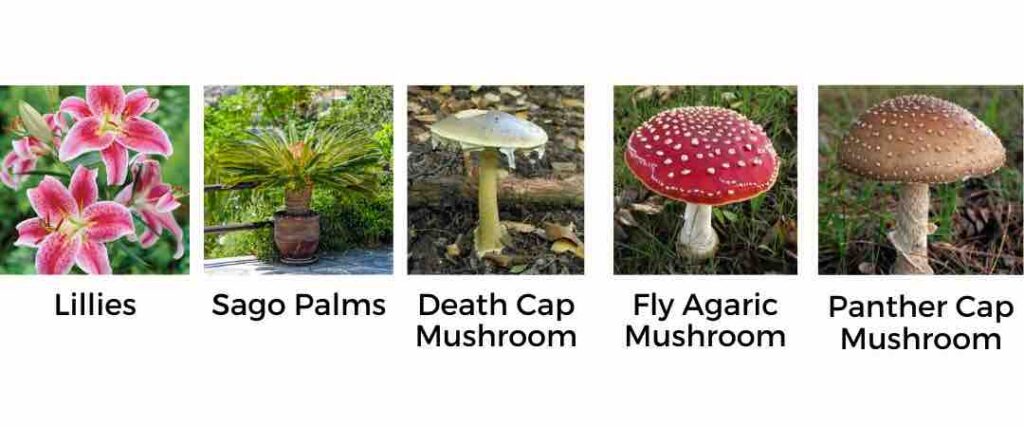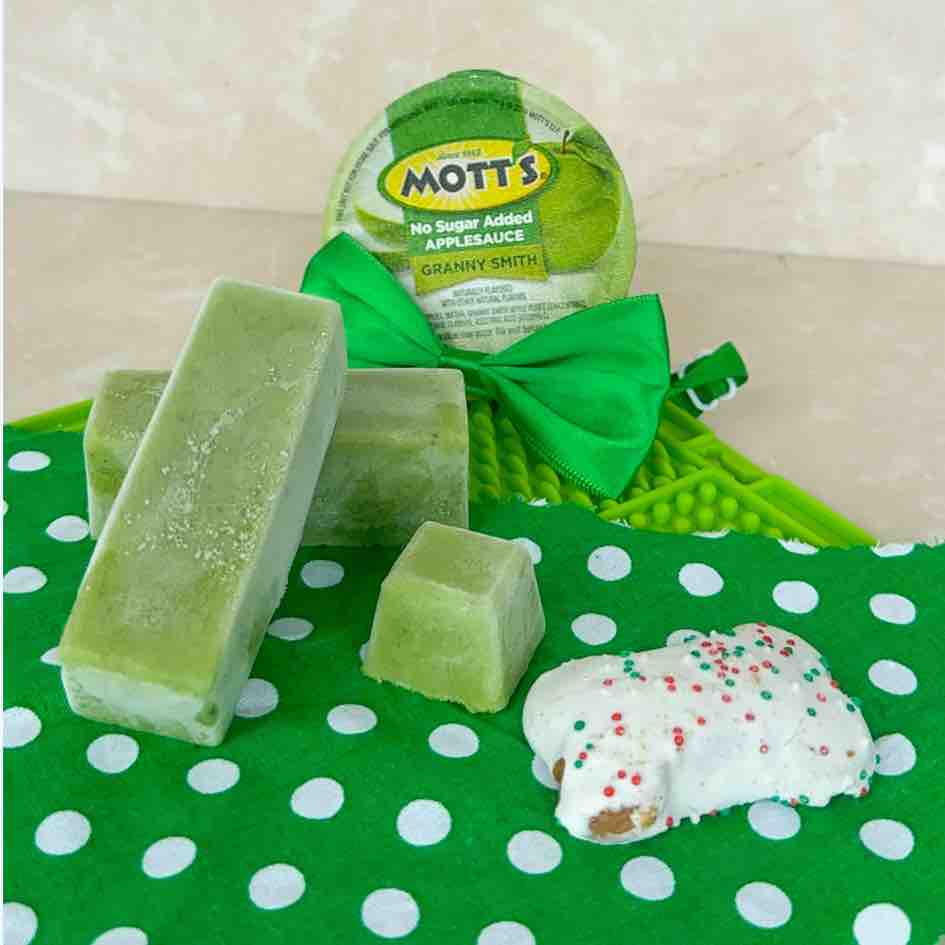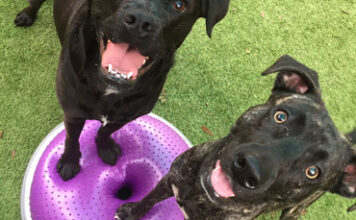As responsible pet owners, it's our duty to keep our furry companions safe from harm, especially when it comes to potential poisoning hazards lurking in our homes and gardens. In honor of Pet Poison Prevention Month, let's delve into some common toxic plants and mushrooms that pose a threat to our beloved pets and explore essential prevention strategies.
Identifying Toxic Plants:
- Lilies: While beautiful, lilies can be deadly to dogs and cats if ingested, causing kidney failure even in small amounts.
- Sago Palms: These popular ornamental plants are highly toxic to dogs, causing liver failure and often proving fatal if consumed.
- Amanita Phalloides (Death Cap) Mushrooms: Found in many parts of the world, these mushrooms contain toxins that cause severe liver and kidney damage in pets and humans alike.
- Amanita Muscaria (Fly Agaric) and Amanita Pantherinoides (Panther Cap) Mushrooms: These mushrooms contain toxins that affect the central nervous system and can lead to symptoms ranging from gastrointestinal upset to seizures and coma.

Recognizing Signs of Poisoning:
- Vomiting and diarrhea
- Drooling or excessive salivation
- Lethargy and weakness
- Loss of coordination
- Seizures
- Jaundice (yellowing of the skin and eyes)
Prevention Strategies:
- Educate Yourself: Familiarize yourself with toxic plants and mushrooms in your area, and remove them from your home and garden if possible.
- Pet-Proof Your Space: Keep toxic plants out of reach, whether indoors or outdoors, and consider using barriers or fencing to prevent access.
- Supervise Outdoor Time: When walking your dog or allowing outdoor playtime, keep a close eye on them to prevent ingestion of potentially harmful substances.
- Consult a Professional: If you're unsure about the safety of certain plants or mushrooms, consult with a veterinarian or a knowledgeable plant expert.
Pet poison prevention is a critical aspect of responsible pet ownership. By staying informed about common toxic plants and mushrooms, recognizing the signs of poisoning, and taking proactive steps to safeguard our pets, we can create a safer environment for our furry companions to thrive in. Let's work together to keep our pets happy, healthy, and poison-free.
Take the initiative to pet-proof your home and garden today. Remove any toxic plants or mushrooms from your surroundings and educate yourself on potential hazards in your area. For more information and resources on pet poison prevention, consult with your veterinarian or visit reputable online sources.
For more information on mushroom poisoning please see, https://namyco.org/interests/toxicology/mushroom-poisonings-in-dogs-and-cats/ and https://www.onlyinyourstate.com/south-carolina/toxic-mushrooms-sc/








